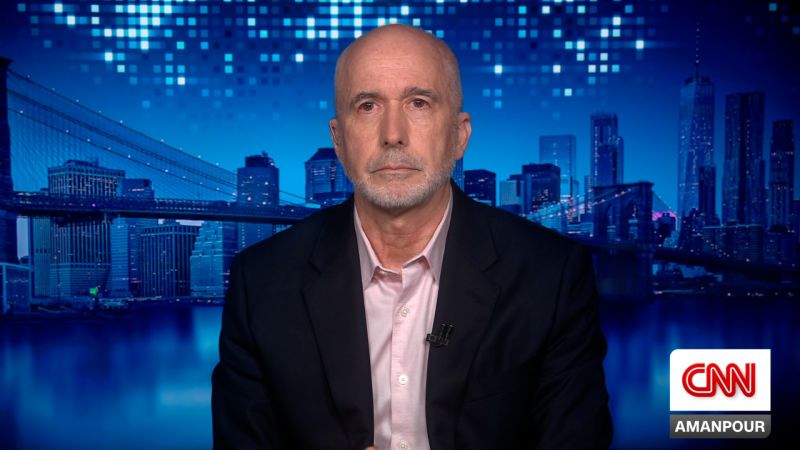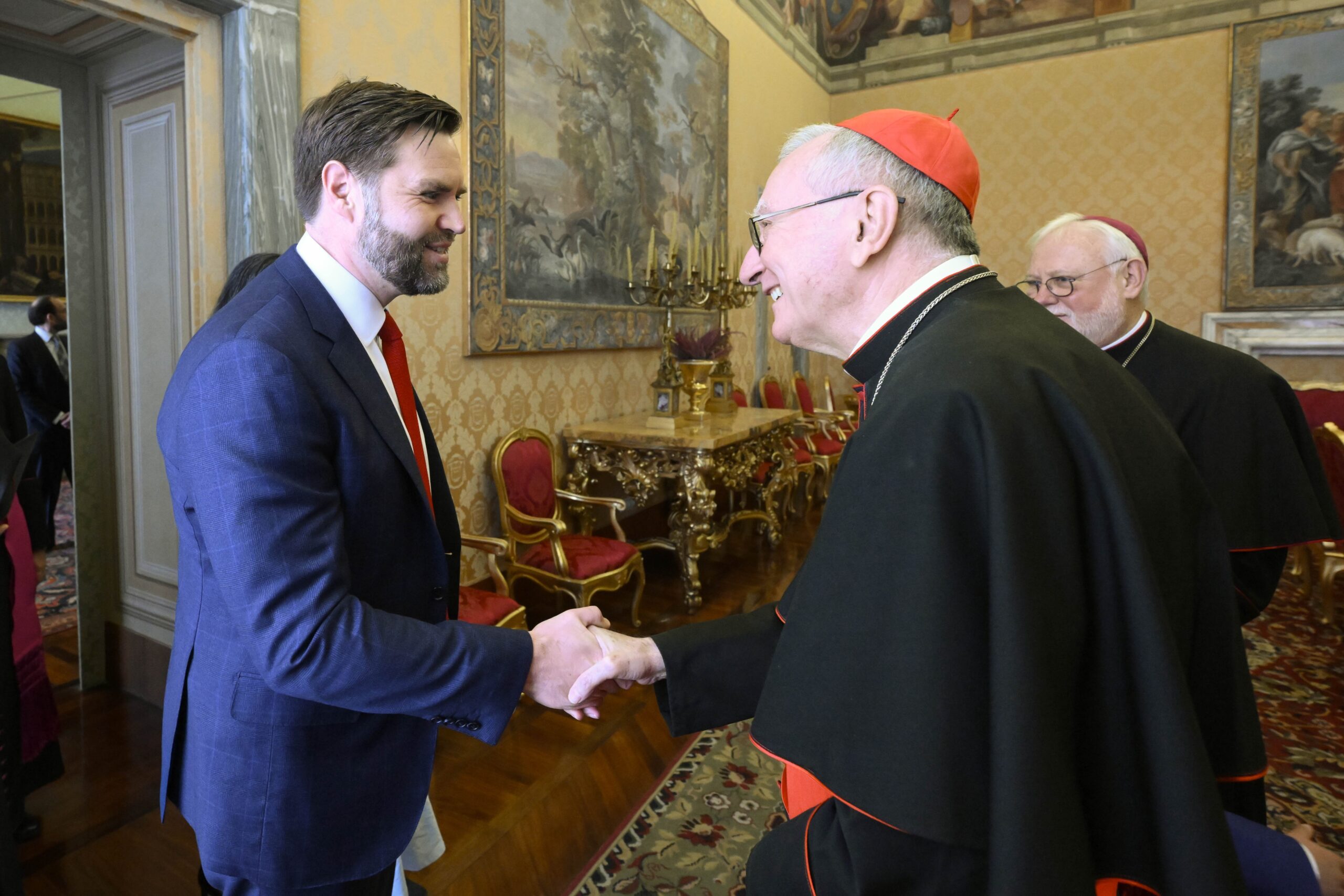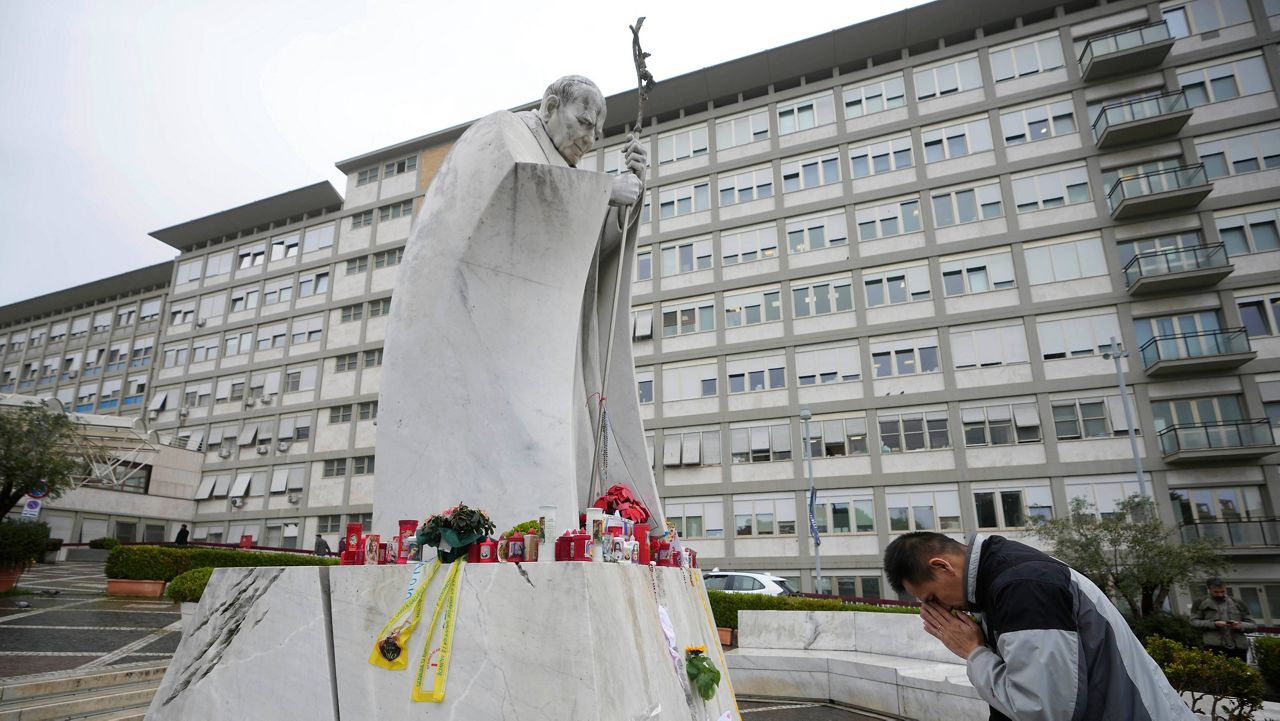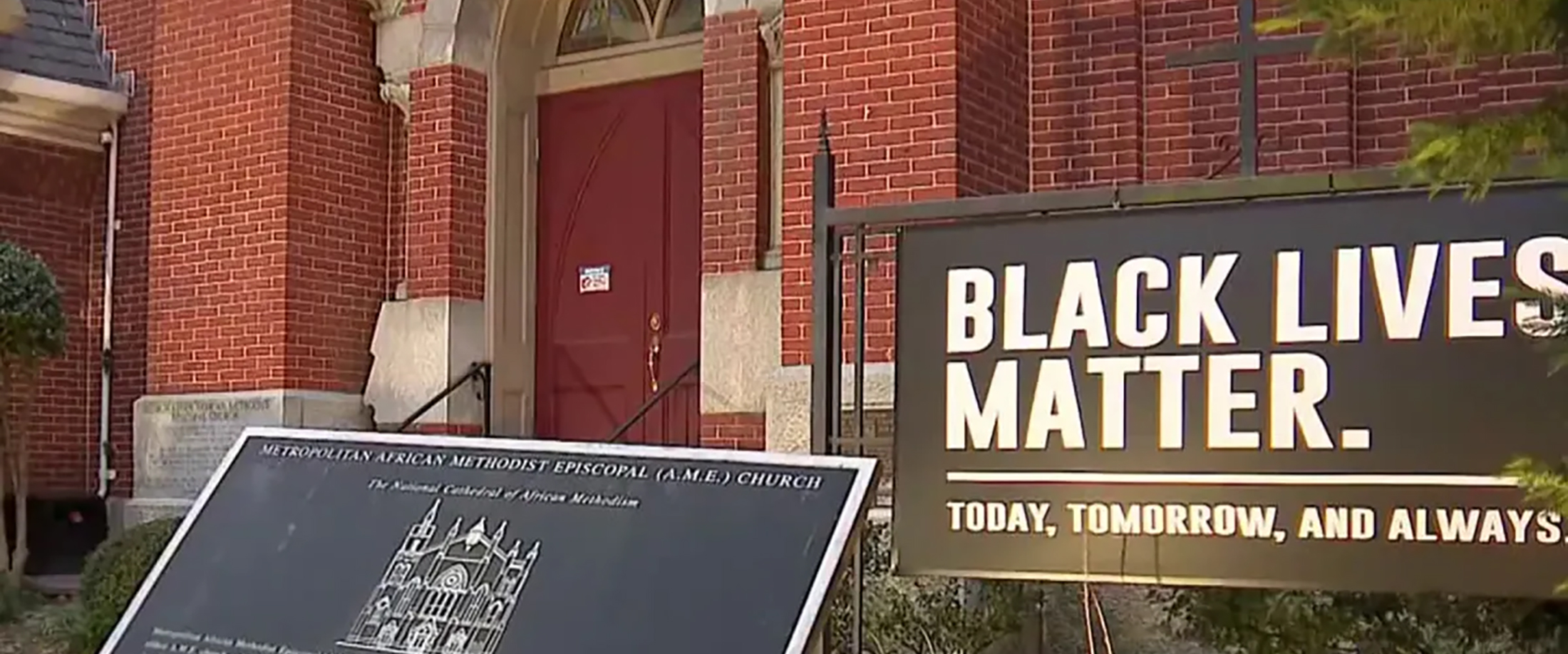Tensions Rise: UH Stands Firm on Hindu Religion Course Amid Accusations of Cultural Bias
Religion
2025-03-30 14:19:40Content
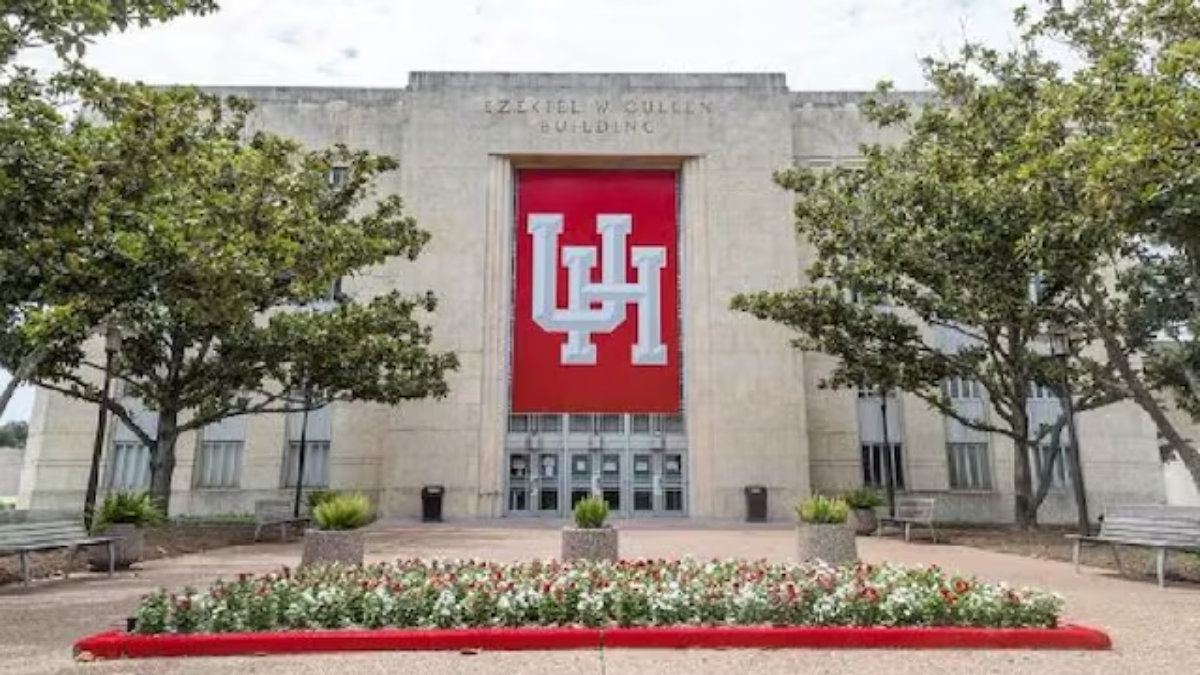
University of Houston Faces Allegations of Hinduphobia in Academic Course
A heated academic dispute has erupted at the University of Houston after Vasant Bhatt, a political science student, raised serious concerns about potential religious bias in a course curriculum. Bhatt alleged that the course material presented a distorted and problematic representation of Hinduism, characterizing it as a colonial construct designed to perpetuate systemic oppression.
The controversy centers on claims that the course, taught by Professor Ullrey, fundamentally mischaracterizes the historical and cultural context of Hinduism. Bhatt argues that the course's narrative reduces a complex and ancient religious tradition to a mere political instrument, undermining its rich philosophical and cultural heritage.
In response to what he perceives as academic misrepresentation, Bhatt formally submitted a complaint to the dean of the College of Liberal Arts and Social Sciences. The complaint challenges the course's academic integrity and calls for a comprehensive review of the curriculum's approach to discussing religious and cultural narratives.
The incident has sparked broader discussions about academic freedom, cultural sensitivity, and the challenges of teaching complex historical and religious topics in contemporary academic settings.
Academic Controversy Erupts: Hinduism Course Sparks Heated Debate at University of Houston
In the complex landscape of academic discourse, a provocative controversy has emerged at the University of Houston, challenging the boundaries of cultural representation and academic freedom. The intersection of academic curriculum, cultural sensitivity, and student activism has ignited a passionate dialogue that extends far beyond the classroom walls.When Academic Exploration Meets Cultural Sensitivity: A Campus Powder Keg
The Genesis of Controversy
The academic world has been thrust into a nuanced examination of cultural representation following a contentious dispute in the University of Houston's humanities department. Vasant Bhatt, a politically engaged political science major, has leveled serious allegations against a course that he believes misrepresents the fundamental essence of Hinduism. His critique goes beyond mere academic disagreement, suggesting a systemic mischaracterization of cultural identity. The student's complaint centers on what he perceives as a deliberate distortion of Hinduism's historical and political narrative. By challenging the course's fundamental premise, Bhatt has initiated a broader conversation about the responsibilities of academic institutions in presenting complex cultural narratives.Challenging Academic Narratives
Professor Ullrey's course has become a focal point of intense scrutiny, with Bhatt arguing that the curriculum portrays Hinduism as a manufactured construct—a product of colonial manipulation rather than an authentic cultural and spiritual tradition. This characterization strikes at the heart of cultural identity, suggesting a reductive approach that diminishes the rich complexity of Hindu philosophical and social traditions. The complaint filed with the College of Liberal Arts and Social Sciences represents more than an isolated academic dispute. It symbolizes a broader struggle for accurate cultural representation, challenging institutional narratives that potentially marginalize or misinterpret complex cultural experiences.Institutional Response and Academic Freedom
The University of Houston now finds itself navigating a delicate balance between academic freedom and cultural sensitivity. The institution must carefully consider the substantive claims raised by Bhatt while maintaining the intellectual integrity of its academic programs. This controversy illuminates the ongoing challenges faced by educational institutions in presenting nuanced, respectful representations of diverse cultural experiences. It raises critical questions about the methodologies employed in teaching cultural and historical narratives, demanding a more sophisticated and empathetic approach to academic discourse.Broader Implications for Higher Education
The dispute transcends the specific context of this single course, reflecting broader tensions within academic environments. It underscores the critical need for inclusive, respectful approaches to cultural education that honor the complexity and depth of diverse cultural experiences. Students like Bhatt are increasingly demanding a more nuanced, authentic representation of cultural narratives. This represents a significant shift in academic expectations, challenging institutions to reevaluate their approach to cultural education and representation. The University of Houston now stands at a critical juncture, with its response potentially setting a precedent for how academic institutions address complex cultural representations in their curriculum. The outcome of this controversy could have far-reaching implications for academic discourse and cultural understanding.RELATED NEWS

